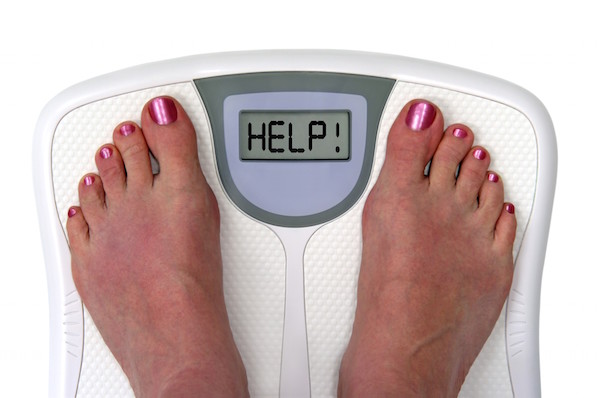TUESDAY, June 14, 2016 (HealthDay News) — A new surgically implanted device to treat obese patients has been approved by the U.S. Food and Drug Administration.
The AspireAssist device uses a tube to drain a portion of the stomach contents after every meal. It’s meant to be used by people who have been unable to lose weight and maintain weight loss using nonsurgical treatments. The FDA approval is for people 22 and older.
The device is recommended for obese people with a body mass index (BMI) between 35 and 55, the FDA said. BMI is a rough estimate of body fat based on height and weight measurements. A BMI of 30 or more is considered obese, according to the U.S. Centers for Disease Control and Prevention.
The device shouldn’t be used in people with eating disorders. It also isn’t intended for short-term use in moderately overweight people, according to the FDA.
With the AspireAssist, a tube is inserted in the stomach and connected to a port valve placed flush against the skin of the abdomen. About 20 to 30 minutes after each meal, the patient attaches an external connector and tubing to the port valve, opens the valve, and drains some stomach contents into the toilet.
The process takes five to 10 minutes and removes about 30 percent of the calories consumed in the meal, the FDA said.
The approval was based on the results of a clinical trial of 111 patients who used the AspireAssist and a control group of 60 patients who made lifestyle changes only. After one year, patients in the AspireAssist group lost an average of 12 percent of their total body weight. The control group lost an average of less than 4 percent of their weight, researchers said.
“The AspireAssist approach helps provide effective control of calorie absorption, which is a key principle of weight management therapy,” said Dr. William Maisel. He’s the deputy director for science and chief scientist in the FDA’s Center for Devices and Radiological Health.
“Patients need to be regularly monitored by their health care provider and should follow a lifestyle program to help them develop healthier eating habits and reduce their calorie intake,” Maisel said in an agency news release.
Side effects associated with use of the AspireAssist include indigestion, nausea, vomiting, constipation and diarrhea. There are also a number of risks associated with the placement of the device, including pain, bleeding, infection, inflammation, accidental puncture of the stomach or intestinal wall, and death, the FDA said.
The device is made by Pennsylvania-based Aspire Bariatrics.
More information
The U.S. National Institute of Diabetes and Digestive and Kidney Diseases has more on weight loss.
Copyright © 2026 HealthDay. All rights reserved.

